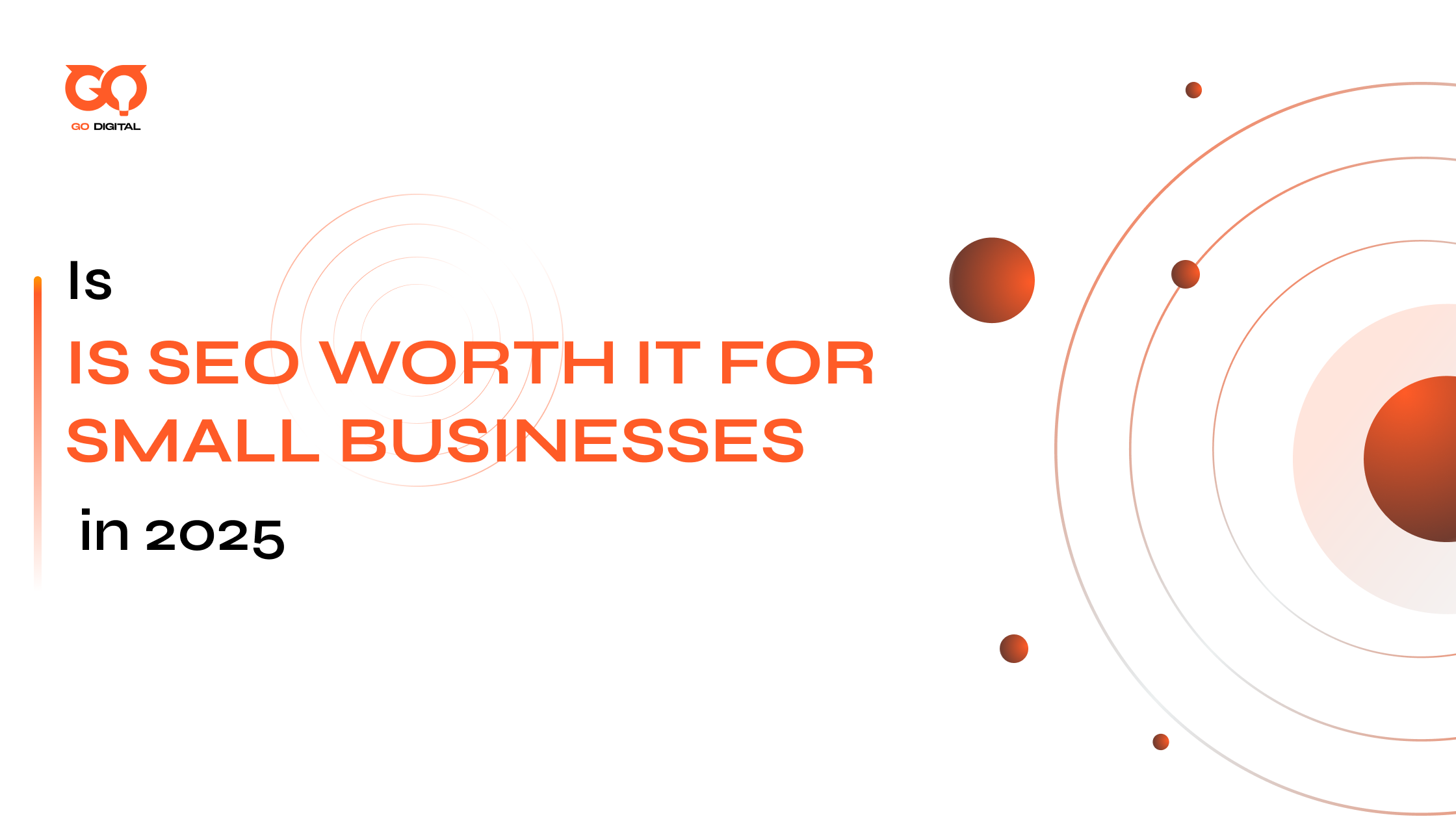Running a small business in 2025 means playing digital chess while your competitors bring tanks. With limited budgets, rising ad costs, and Google’s ever-shifting algorithms, it’s natural to wonder: Is SEO Worth It for Small Businesses in 2025
In this article, we’ll break down the real-world benefits of SEO for small businesses, the common challenges (spoiler: they’re fixable), and the exact strategies that work in 2025. Plus, we’ll show you how to track ROI like a pro—so you can stop guessing and start growing.
Key Takeaways
-
SEO is worth it for small businesses in 2025 since it helps increase brand presence, get high-quality leads, and more.
-
Organic search brings more traffic and better leads than traditional ads. It also converts at a higher rate.
-
SEO offers a superior long-term ROI, ranging from 550% to 1,220%.
-
Local SEO is important for physical small businesses as 97% of consumers learn about a local business online.
-
While initial results appear in months, significant ROI and impact from SEO efforts are realized over 6-12 months and beyond.
Common SEO Challenges for Small Businesses
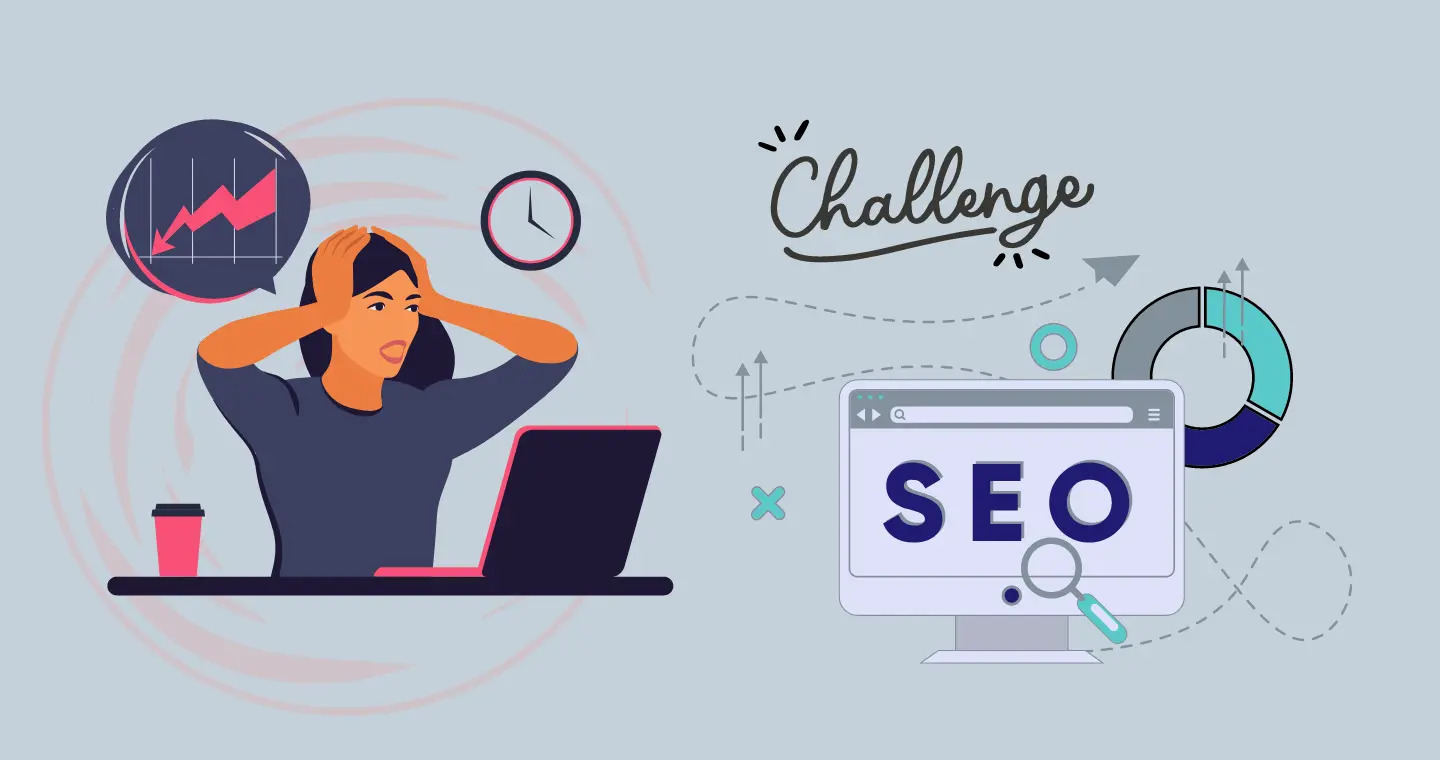
What are the SEO Challenges for Small Businesses?
Large corporations have multimillion-dollar marketing budgets and dedicated SEO teams. In contrast, small businesses often operate with fewer employees and tighter budgets, so it can be difficult to avoid the following hurdles when implementing SEO:
-
Limited budgets and resources: Small businesses may struggle to allocate capital or manpower to SEO. This often leads to the perception that SEO is too expensive or time-consuming.
-
Lack of technical knowledge: Business owners who aren’t digital marketers may feel overwhelmed by tasks like site audits and keyword research. This gap can lead to ineffective implementation.
-
Competing with larger brands: Established brands with large marketing budgets and long-standing domain authority often dominate the top search results. This makes it difficult for them to increase visibility in competitive niches.
-
Adapting to algorithm changes: Google’s algorithm changes often—even several times a day. Small businesses struggle to keep up without full-time help
-
Zero-click search and AI Insights: Featured snippets and AI now give users answers without clicking. Businesses need new ways to stay visible without getting the click.
Despite the above challenges, the importance of digital marketing for SMEs, particularly through SEO, cannot be denied.
Why Do Small Businesses Need SEO? 11 Benefits
The challenges above will be overshadowed by the outstanding advantages that strategic SEO can bring to small businesses. SEO directly affects both the profitability and the long-term viability of companies. Let’s explore 11 SEO benefits for small businesses!
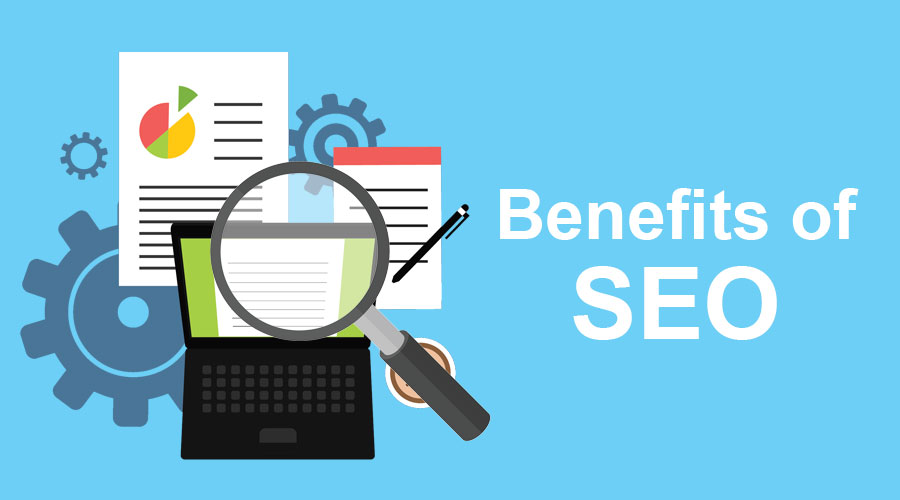
Is SEO Worth It for Small Businesses?
1. Increases Online Visibility and Attracts More Potential Customers
According to Investopedia, a staggering 53.3% of all online activities begin with a user query on a search engine. This makes organic search the primary source of website traffic. Additionally, only 0.63% of users click on results from the second page, and 71% of clicks go to the top three organic search results.
It means that ranking on the first page of Google is crucial with small businesses. If you do this, you significantly increase the chances of potential customers finding your business when they are actively searching for your products or services.
2. Delivers High-Quality Leads Through Organic Search
Customers arriving via organic search are often highly motivated, as they are actively seeking solutions. This leads to higher conversion rates.
Organic SEO leads convert at 14.6%, far better than outbound methods at 1.7%. And 60% of marketers say their best leads come from SEO.
3. Cost-Effective Compared to Traditional Advertising
SEO takes time or money upfront, but the long-term return is strong. Unlike ads, it keeps bringing traffic even after you stop paying

SEO is cost-effective marketing for small businesses
The average ROI for SEO hovers between 550% to 1,220% (source: Oyova), with some industries like real estate seeing returns as high as 1,389%. Businesses typically begin seeing positive ROI within 6 to 12 months, with peak performance in years 2-3. If you are curious about SEO cost in 2025, check our article: How Much Does Search Engine Optimization Cost In 2025?
4. Builds Brand Trust and Credibility with Higher Search Rankings
High organic rankings signal to users that your business is reputable, trusted, and authoritative. If your business can appear on the first page of Google, especially in top positions, it will enhance your brand’s perceived credibility.
Websites on the first page of Google capture 71% of all search traffic clicks, this will reinforce your status as a reliable source.
5. Levels the Playing Field with Larger Competitors
SEO gives small businesses a real shot at competing with bigger brands. By focusing on niche, long-tail keywords and local SEO, they can carve out a spot in the search results and attract traffic the big players often ignore
6. Drives Targeted Website Traffic and Boosts Sales
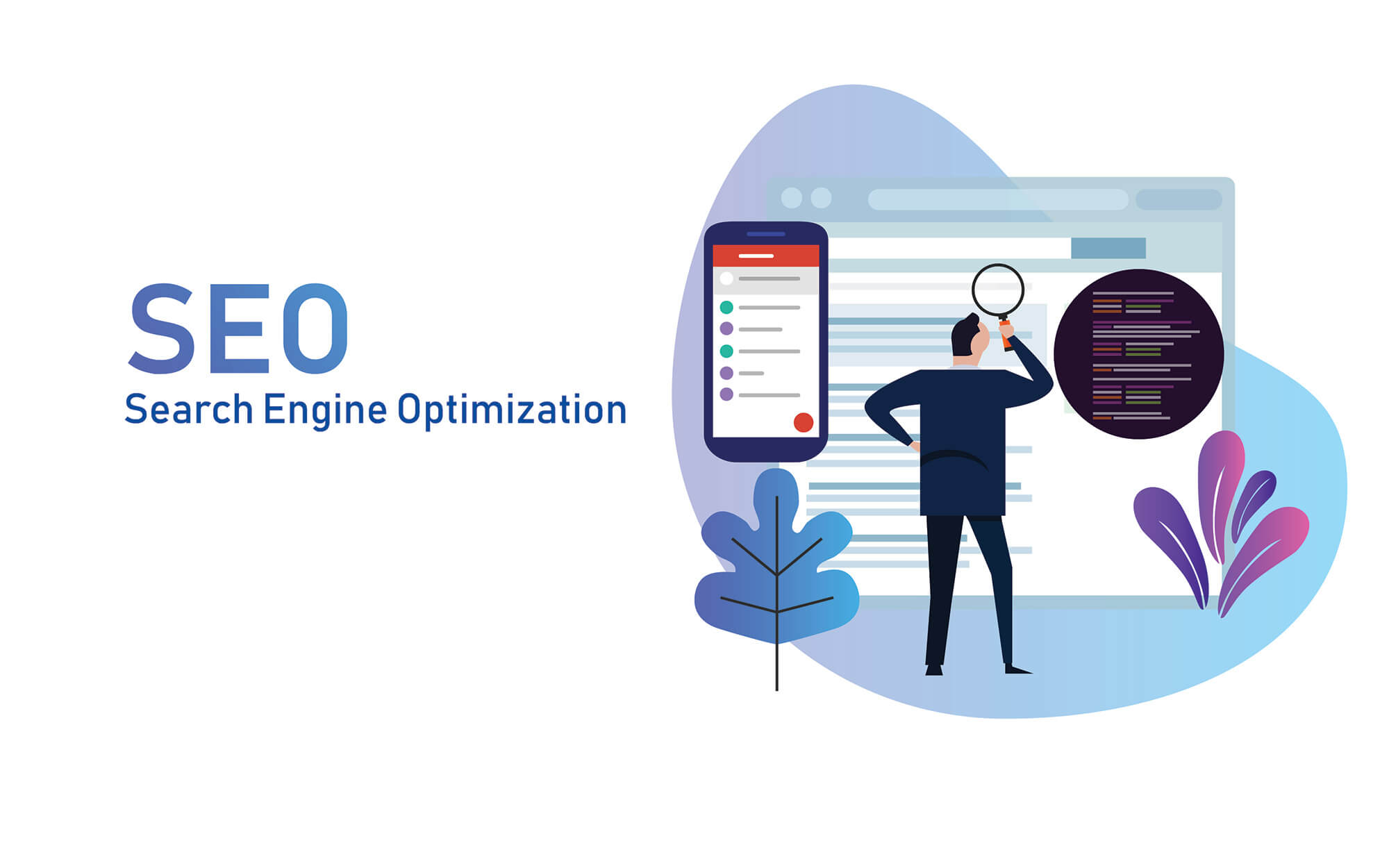
SEO helps find out targeted visitors
SEO isn’t just about getting lots of people to your site, it’s about getting the right people there. When you optimize for specific keywords related to your product or service, you attract visitors who are already interested in what you have to offer. That means people stick around longer and you see more sales.
7. Enhances Local Presence and Increases In-Store Visits
For small businesses with a physical location, local SEO is key to your success. 97% of consumers learn about a local business online, and most mobile searches for a local business result in a call or visit within 24 hours.
Therefore, optimizing your Google Business Profile and local citations helps your business appear prominently in “near me” searches and local map results. It’s clear that it will drive significant traffic.
8. Improves User Experience and Website Usability
Search engines, particularly Google, prioritize user experience (UX) as a ranking factor. A well-optimized website is fast, mobile-friendly, easy to navigate, and provides a seamless user journey.

All search engines prioritize user experience
In 2025, search traffic comes from mobile devices, making mobile optimization non-negotiable. Investing in SEO naturally leads to a better website experience, which benefits both your rankings and your customers.
9. Provides Long-Term Results and Sustainable ROI
SEO takes time, but it pays off long-term. Unlike short-lived ad campaigns, gains like better rankings and authority can last for years.
At the same time, it also provides a sustainable stream of traffic without the need for recurring cost-per-click. In the long term, SEO is cost-effective marketing for small businesses.
Learn more about how to evaluate your SEO with our guide: How to tell if your SEO company is working?
11. Offers Valuable Insights for Ongoing Business Growth

SEO tools provide useful data for small businesses
SEO tools give you rich data on customer behavior, search intent, and demographics. This helps you understand your market, improve your products, and sharpen your marketing
12. Adapts to Evolving Search Trends (AI, Voice, Visual Search)
In 2025, SEO continues to adapt to AI-driven search experiences, voice search, and visual search. 86% of SEO experts have integrated AI technology, and 67% of small businesses are already using AI for content creation and SEO.
A strong SEO strategy keeps small businesses ahead by adapting to new search trends and AI features like AI Overviews.
>>Read more: Outsourced SEO Services. Maximize Results & Save Big on Costs
Key SEO Strategies for Small Business Success (For DIY SEO Business)
Navigating the complexities of SEO doesn’t require a massive budget, but it does demand a structured approach. Here are effective SEO strategies for small companies in 2025:

7 main SEO strategies for small companies
1. Set Up and Optimize Your Website
Your website is the home base for all your SEO work. You need to make sure it’s technically sound, mobile-friendly, and loads quickly (Core Web Vitals are critical ranking factors). A secure HTTPS connection is also a must for trust and ranking.
2. Do Basic Keyword Research
Next, you need to identify the words and phrases your target customers use when searching for your product or service. It’s better to focus on long-tail keywords (more specific, multi-word phrases) that have low competition but high purchase intent.
Free tools like Google Keyword Planner can be a good starting point, as you can find relevant keywords without worrying about the cost.
3. Create Quality, Relevant Content
Good content boosts your rankings. Focus on helpful, clear posts and pages that answer real questions and solve real problems.

Content needs to satisfy E-E-A-T standards
Google’s emphasis on E-E-A-T (Experience, Expertise, Authoritativeness, Trustworthiness) means your content should demonstrate genuine knowledge and credibility.
4. Optimize On-Page SEO Elements
To get your website noticed, you’ll want to optimize a few key things directly on your pages:
-
Titles and Meta Descriptions: Craft compelling, keyword-rich titles and descriptions that encourage clicks. FYI this is considered to be most important SEO On-page factors.
-
Headings: Use these (H1, H2, H3, etc.) to organize your content clearly and naturally include words people search for.
-
Pictures: Make sure your images load super fast by compressing them, and always add a short description (called “alt text”) so search engines know what they are.
-
Internal Linking: Connect different pages on your website together to improve navigation and distribute “link juice”.
If you really want to go in-depth, check our article: How to Run an Effective SEO Audit: 15 Actionable Steps
5. Build Local Citations and Google Business Profile
For brick-and-mortar businesses or those that serve a specific geographic area, local SEO for small enterprises is paramount. This means fully claiming and optimizing your Google Business Profile (GBP).
Make sure all information is accurate and consistent across online directories (citations). Also, encourage customer reviews on GBP and your other platforms.
6. Earn Backlinks from Other Websites
Backlinks (links from other reputable websites to yours) are a strong signal of authority to search engines. To avoid negative effects from backlinks, you should focus on earning high-quality backlinks through genuine content, outreach, and local partnerships. Learn how to earn your first backlinks in our article: How to find backlinks on Google? Full guide with 7 proven methods
7. Monitor Performance with Free SEO Tools
You don’t need expensive software to track your progress. You can absolutely utilize free tools like Google Analytics to monitor website traffic and user behavior. Don’t forget to use Google Search Console to track keyword rankings, indexing status, identify technical issues and do the SEO audit.
How to Measure SEO Success and ROI
After knowing the answer to the question “Is SEO worth it for small businesses?” and the appropriate SEO strategies, how to measure the success of your SEO? You need to read and understand the metrics below:
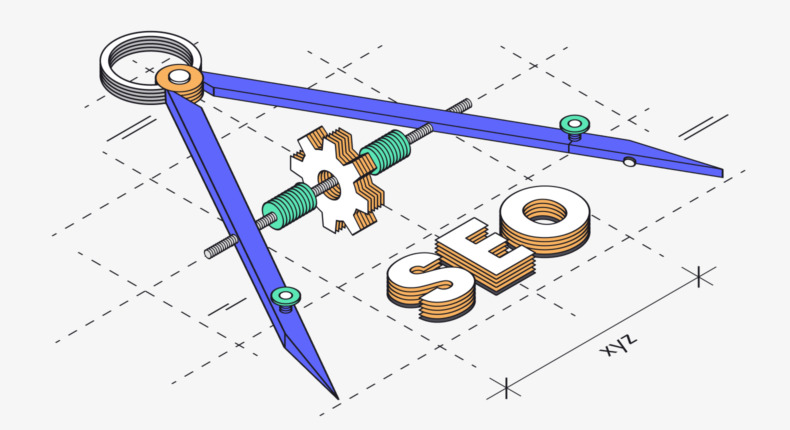
Key metrics to measure SEO Success
Key Metrics to Track
-
Organic Traffic: Track the number of users visiting your site from organic search results over time (daily, weekly, monthly).
-
Keyword Rankings: Keep an eye on how high up you are in search results for your target words and phrases. Tools can help you see if your efforts are moving you up the SERPs.
-
Conversions: Track how many organic visitors complete desired actions on your site, such as filling out a contact form, making a purchase, downloading a resource, or making a phone call.
-
Bounce Rate: It indicates the proportion of visitors who exit your site after viewing only one web page. A high bounce rate (e.g., over 70%) for specific pages might indicate poor content or user experience.
-
Time on Page/Site: Longer time spent on pages or the site indicates more engagement, a positive signal to search engines.
-
Local Visibility (for local businesses): Track views, clicks on your phone number, website, and direction requests directly from your Google Business Profile insights.
-
Page Speed and Core Web Vitals Scores: Regularly check these technical metrics using Google PageSpeed Insights or Lighthouse. Improvements here directly impact rankings and user satisfaction.
-
Return on Investment (ROI): To measure SEO ROI, compare what you earn from organic traffic to what you spend on time, tools, and services.
>>Read more:
How to Tell If Your SEO Company Is Working? 7 Clear Signs
SEO takes time. You might see small gains in 3–6 months, but big results usually take 6–12 months—or even a few years
SEO is a long-term investment that grows over time. Unlike paid ads, it keeps working if you stick with it. It takes steady effort, adapting to changes, and putting users first. Do that, and it becomes powerful, cost-effective marketing
Conclusion
Is SEO worth it for small businesses in 2025? Yes. It’s cost-effective, builds lasting visibility, and brings quality leads.” By using smart SEO—like a strong website, good keywords, useful content, and local focus—small businesses can grow and compete online.


